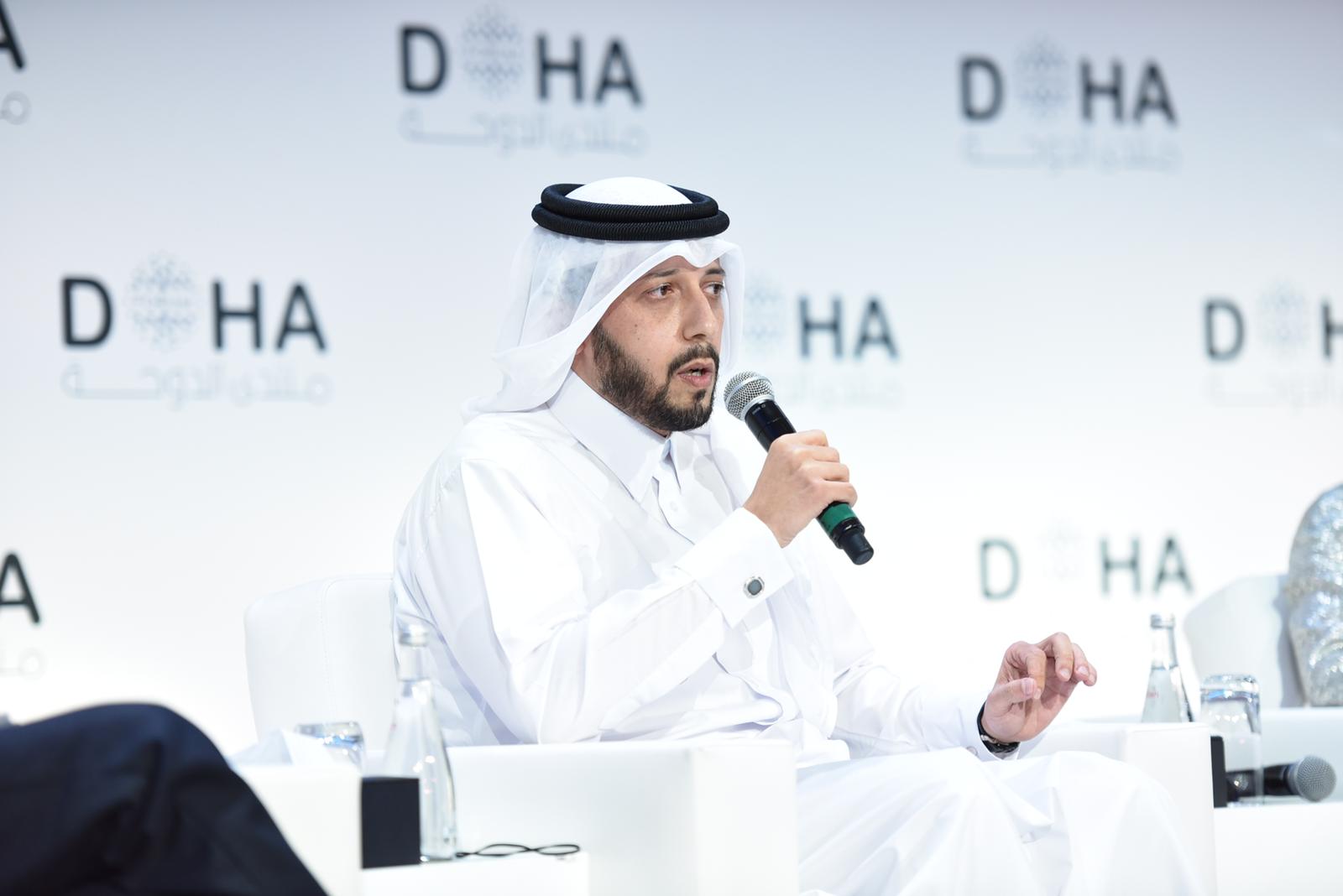Following other GCC countries, Qatar is now looking to secure deals in the US, and Asia. However, it did not leave its own market behind.
Qatar’s national wealth fund is gearing up to make substantial investments in Asia and the US, following in the footsteps of other Gulf countries seeking to make overseas financial forays, Bloomberg reported.
The move by Qatar Investment Authority (QIA) appears to be attributed to a surge of financial engagement spurred by fossil fuel profits.
“We have a concrete directive to prepare our organisation to manage more capital inflow in the upcoming years,” QIA’s CEO Mansoor Ebrahim al-Mahmoud told the New York-based organisation.
“Whilst we will persist in investing in the continent, a greater proportion of our investment will be funneled into the other two regions. This is owing to the potential we identify in the US and locations like China and India,” he added.
New year, new markets
Such a bold step signifies a strategic shift from QIA’s traditional investment terrain in Europe to new markets, in turn boosting Qatar’s global recognition.
The Gulf nation is already recognised as one of the global leaders in Liquefied Natural Gas (LNG) production, as the ongoing Ukraine conflict has propelled pushed Western nations towards Qatar in a bid to substitute their Russian supplies.
In addition, Qatar gained global recognition in 2022 after it successfully hosted the first FIFA World Cup in the region.
Established in 2005, QIA is now listed as the 10th largest global wealth fund as per the Sovereign Wealth Fund Institute. It has also been a significant player in Europe, with investments in a range of companies from Volkswagen to global mining corporation, Glencore.
However, it encountered a setback earlier this year with the failure of Credit Suisse, where it held a 6.8 percent stake, positioning itself as the largest shareholder next to the Saudi National Bank.
Following neighbouring countries’ footsteps
The QIA’s venture into the US and Asia markets follows the lead of Saudi Arabia, which is increasing its overseas investments.
By 2030, Saudi Arabia’s Public Investment Fund (PIF) is projected to become the world’s largest sovereign wealth fund.
Despite major local investments like Neom and Red Sea island resorts, it has also invested heavily in US tech stocks, including Carnival, a cruise line operator, and Lucid Motors, an electric vehicle manufacturer.
PIF drew global attention recently when LIV Golf, a new league financed by the Saudi fund, revealed a partnership with its rival, the PGA Tour.
QIA’s CEO Mahmoud declared the fund’s intent to increase investments in technology sectors. Prominent recent investments include Indian food delivery platform Swiggy and US genomic medicine group Ensoma.
Not only that, but QIA is also exploring opportunities in the semiconductor sector and software.
“We’re seeing an increase in interesting investment opportunities as terms become more investor-friendly,” Mohammed al-Hardan, head of technology, media, and telecom investments at QIA, told Bloomberg.
“Despite the high number of investors targeting tech opportunities, there are a limited number of parties that can consistently invest substantial capital throughout the cycle – and we belong to that elite group,” he added.
With a decrease in risk appetite among Western investors, a surge of Western bankers and start-up founders are turning to the Gulf region for capital.
QIA executives have stated their commitment to the US as their primary software investment market.
Still, they also plan to increase deals in Asia. Such an effort was made apparent when the wealth fund opened an office in Singapore in 2021 with the aim to enhance its hiring efforts in the region.
“For QIA, the capital that goes to Asia is only going to increase going forward,” Abdulla al-Kuwari, head of advisory for Asia Pacific at QIA, confirmed.
Eyes on its own nation
Despite the hefty investments in Asia and the US, QIA still has eyes on Qatar’s own economic growth.
Historically, its domestic function has primarily involved providing support during critical periods. One example is when it intervened in 2008 to rescue several of the country’s banking institutions.
Recently, the sovereign fund initiated a market-making programme worth 1 billion riyals ($274 million) to attract overseas investment and bolster the depth of Qatar’s capital markets.
Its own CEO, Al-Mahmoud, also said that it aims to support the local economy in areas where the private sector finds it challenging to intervene.
Their intention, he explained, is not to compete with the private sector, but to help it operate more efficiently.
“We perceive our role as that of a facilitator, addressing the deficits in the local economy where private entities struggle to operate,” he explained.







